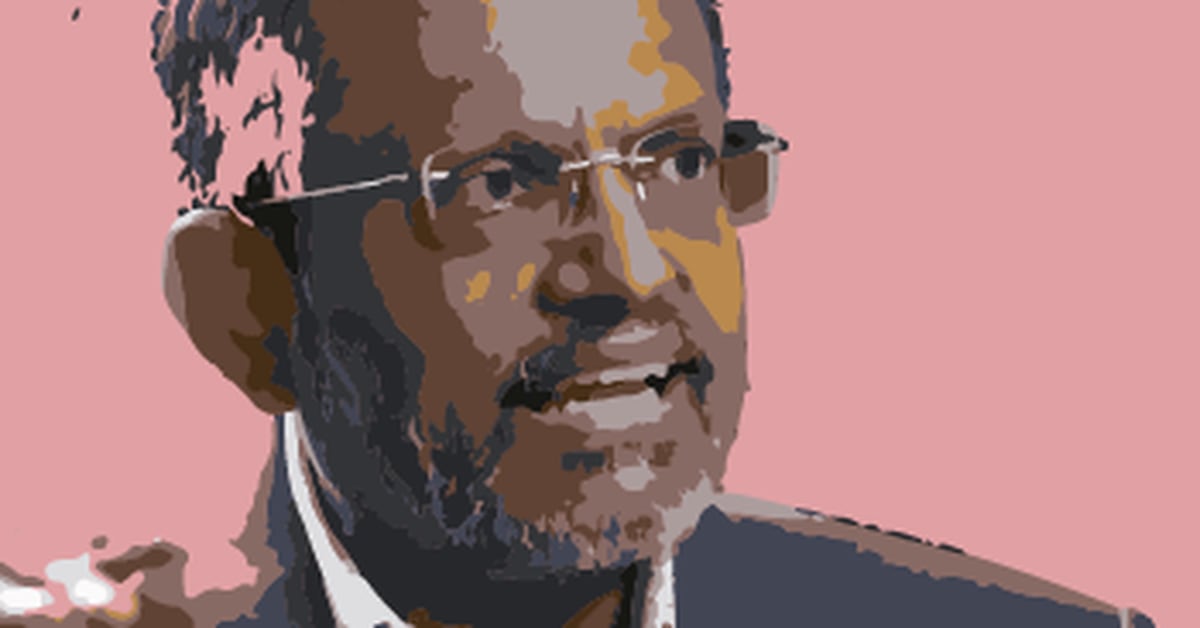Köppelmann’s first blockchain company, Fairlay, grew into the largest bitcoin-based prediction market before he sold it. “Over the years I became quite skeptical about bitcoin in many ways, but certainly, in that period, I was kind of a bitcoin maximalist,” said Köppelmann. “I quite quickly concluded that bitcoin is awesome because it shows other forms of money are possible, but the concrete form of bitcoin is not necessarily what I believe is the best for humanity.” Source
Day: December 4, 2023
Senator Elizabeth Warren: Washington’s Crypto Critic-in-Chief
“Some in the crypto industry say that anti-money laundering rules can work so long as they exempt so-called decentralized entities – the crypto exchanges, lenders and other financial intermediaries that run on code,” she said at the February hearing. “The rules should be simple. The same kind of transactions, same kind of risk, means the same kind of rules.” Source
Elizabeth Warren: D.C.’s Crypto Critic-in-Chief
“Some in the crypto industry say that anti-money laundering rules can work so long as they exempt so-called decentralized entities – the crypto exchanges, lenders and other financial intermediaries that run on code,” she said at the February hearing. “… the rules should be simple. The same kind of transactions, same kind of risk, means the same kind of rules.” Source BitcoincryptoexchangeExchanges CryptoX Portal
Barry Silbert’s Digital Currency Group (DCG) Navigated Fallout From 2022’s Crypto Scandals
Since its inception in 2015, DCG, which is based in Stamford, Connecticut, has evolved into a conglomerate with holdings across the blockchain sector (as of 2023, it has stakes in more than 160 companies, from mining to analytics). Silbert began investing in the industry in 2013 and, following the sale of SecondMarket, he formed DCG. The company’s early focus was on Genesis and Grayscale, which became its first subsidiaries. Source
Nike’s Ron Faris Is Running With Web3
In a marketing world of social media dominance, where brands are trying hard to create direct relationships with their customers, Faris and the Nike team are connecting more than most. “This is our effort in creating a digital marketplace for the future, which is powered by digital, which harmonizes products, experiences, and services in new ways which meet the consumer where they are,” Faris told Hypebeast in April. Source
Caroline Pham: Supportive Regulation at the CFTC
The CFTC commissioner, in a year marked by an aggressive, sometimes arbitrary regulatory enforcement, stood out as an accommodator of innovation in the crypto sector. Source
Uprooting dYdX From Ethereum to Explore the Cosmos
But for Juliano, Cosmos, which is like a blockchain for blockchains, offered the most compelling vision for scalability. “We need more on the order of 1,000-plus transactions per second,” he said. Cosmos offered Juliano the customizability he needed to finally achieve his vision for dYdX, which has evolved over the past half-decade. This includes building a protocol–specific mempool, to store unfinalized txns, and finding the perfect number of validators, to balance execution and decentralization. Source
Shytoshi Kusama and the SHIB community Proved that ‘Meme Coins’ Are No Joke
Kusama has led the SHIB developers to take on his vision of creating “a perpetual, decentralized, “network state” with a focus on dominating the DeFi (decentralized finance) faction of the crypto industry, they wrote. The team launched Shibarium, an Ethereum layer-2 blockchain, in August, expanding the SHIB token’s use cases from an object of speculation to a cost-effective means of settlement for DeFi applications built on the network. Source
Pudgy Penguins CEO Luca Netz Led Company to Success, While the NFT Market Crashed
Toys being linked to a digital experience may not be a novel concept (see Webkinz from the 2010s). But Pudgy Toys gives owners real IP for their money. We”took 16 holders of Pudgy Penguin NFTs, 16 licensing arrangements, and made 16 toys. Every time one of those toys sells, they get the license in perpetuity,” Schnetzler said. “IPs have been built around brand and consumption, we want to change that to brand and participants.” Source
Ravi Menon: Singapore’s Middle Way Regulator
The head of Singapore’s central bank has been one of the most influential policymakers in Asia, arguably the most vibrant region currently for crypto development. As Managing Director of the Monetary Authority of Singapore (MAS), Ravi Menon, 59, has steered the institution toward a middle path between Hong Kong’s favorable crypto regulations and the just-ban-crypto policy of India’s central bank. Source









